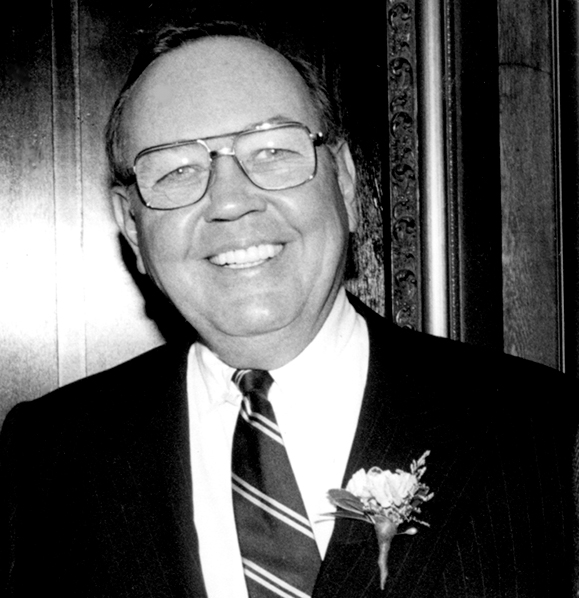Richard Egan, the ninety-ninth wealthiest person in America, was nominated by President Bush as the new U.S. Ambassador to Ireland. Egan, one of Irish America’s Business 100, holds an Irish passport, and traces his roots back to Westmeath. He is the founder of EMC Corporation, which controls 30 percent of the data storage market in the United States.
A Massachusetts native, Egan was a member of the exclusive Bush Pioneer Club, a top-level group of key Bush advisers who had contributed over $100,000 to his presidential campaign. He also served as a member of the Bush Technology Council.
Egan relinquished the day-to-day management of EMC four years ago, but remained on as chairman. He stepped down from this position in January to become chairman emeritus.
The new appointee’s knowledge of Irish politics is rumored to be weak, but Bush has appointed a State Department official, Richard Haass, as ambassador-at-large who will deal with U.S. foreign policy regarding Ireland and Northern Ireland. A foreign policy expert, he was most recently a fellow in the Foreign Policy program at the Brookings Institution.
Haass’s appointment sparked some rumblings in the Irish American community based on remarks he made to the Boston Globe in 1995: “The entire thrust of the Clinton diplomatic intervention seems overly concerned with the Catholic minority and the IRA…it reflects the fact that the IRA has been the squeakiest wheel.”
Haass also expressed concerns about the long-term effects on British-U.S. relations of former President Clinton’s outreach to Gerry Adams, observing “Britain has historically been a powerful ally of the U.S. in NATO and in crises like the Gulf War.”
However, he more recently praised Clinton for his work on Northern Ireland, stating in Foreign Policy magazine, “Finally, significant diplomatic progress was made in both Northern Ireland and the Middle East…the Clinton administration played a crucial role through its sustained and often high-level diplomatic efforts.”
Haass is expected to be a key troubleshooter in other parts of the world as well; the State Department has announced that 23 out of the 55 “special envoys” appointed by the Clinton Administration to deal with global hot spots have been discontinued. ♦


Leave a Reply